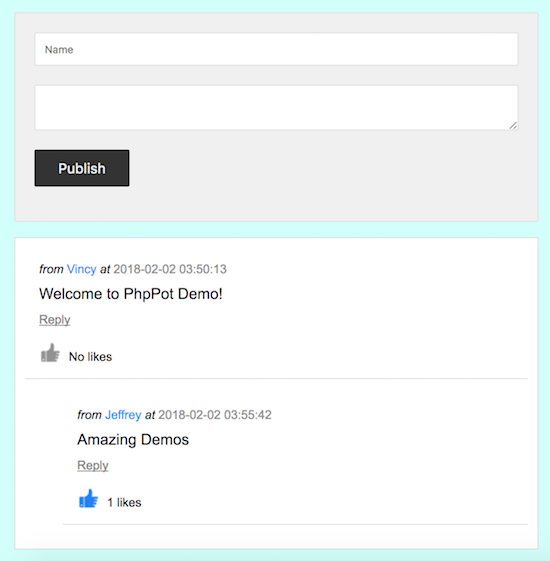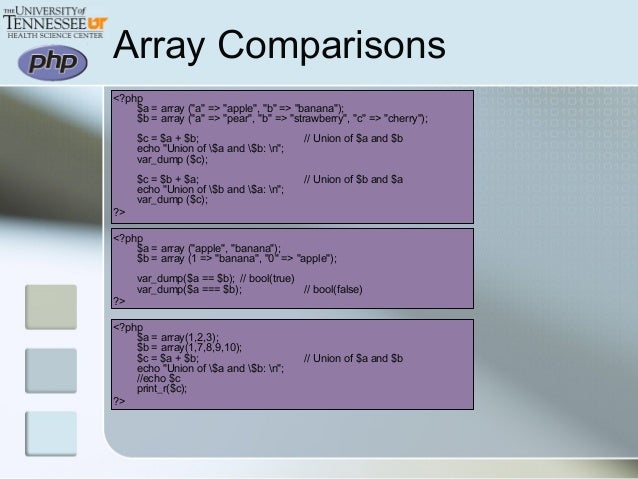

It will allow users to enter their name, email, and comment, and submit it through the form. With these steps, you have successfully created the HTML form.

In the section, add a title for your form, such as “Comment Box”.Include the doctype declaration, opening and closing tags, and the section. Start by adding the basic HTML structure.You can name it “comment_box.html” or any other name of your choice. Open your text editor and create a new HTML file.The form will collect information such as the commenter’s name, email, and the actual comment. Now that we have set up the database, the next step is to create the HTML form that users will fill out to submit their comments. In the next steps, we will create the HTML form and process the form data using PHP to save the comments to the database. Once you’ve executed the SQL query, your database is ready to store comments submitted through the comment box. The “id” column is set as the primary key, ensuring that each comment has a unique identifier. This SQL query creates a table called “comments” with columns for the comment ID, commenter’s name, email, comment content, and the timestamp when the comment was created. Enter the following SQL query to create the table for your comments:Ĭreated_at TIMESTAMP DEFAULT CURRENT_TIMESTAMP, In the SQL tab, you can execute SQL queries to create tables and perform other database operations.Click on the newly created database from the sidebar, then click on the “SQL” tab at the top. Next, create a table within the database to hold the comments.This will create a new empty database for your comment box. Choose a memorable name, such as “comment_box”, and click on the “Create” button.

PHP COMMENT CODE
In the next sections, we will guide you through each step of the process, providing clear instructions and code examples along the way. With these prerequisites in place, you are well-prepared to start creating your PHP comment box using a MySQL database. This knowledge will help you in managing and retrieving data from the MySQL database. Basic Understanding of Database Concepts: While you don’t need to be a database expert, having a basic understanding of concepts like tables, columns, and SQL queries will be beneficial. You will use this database to store the comments submitted through the comment box.ĥ. MySQL Database: Make sure you have MySQL installed and running on your local development environment. Choose the one that you’re most comfortable with or explore different options to find the right fit for you.Ĥ. Some popular choices include Sublime Text, Visual Studio Code, and Atom. Text Editor: You’ll need a text editor to write and edit your PHP and HTML code. Familiarity with these web development technologies will make it easier for you to grasp the concepts and code snippets used throughout the process.ģ. Basic Knowledge of HTML, CSS, PHP, and MySQL: It’s essential to have a basic understanding of HTML, CSS, PHP, and MySQL to effectively follow this tutorial.
PHP COMMENT SOFTWARE
This can be accomplished by installing software such as XAMPP, WAMP, or MAMP, which provide a package containing PHP, MySQL, and Apache web server.Ģ. Local Development Environment: You should have a local development environment set up on your computer. These requirements will ensure that you have the necessary tools and knowledge to create a PHP comment box using a MySQL database.ġ. Before starting with the tutorial, there are a few prerequisites that you need to fulfill.


 0 kommentar(er)
0 kommentar(er)
